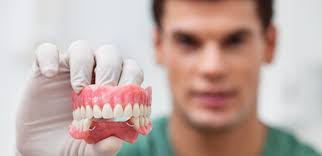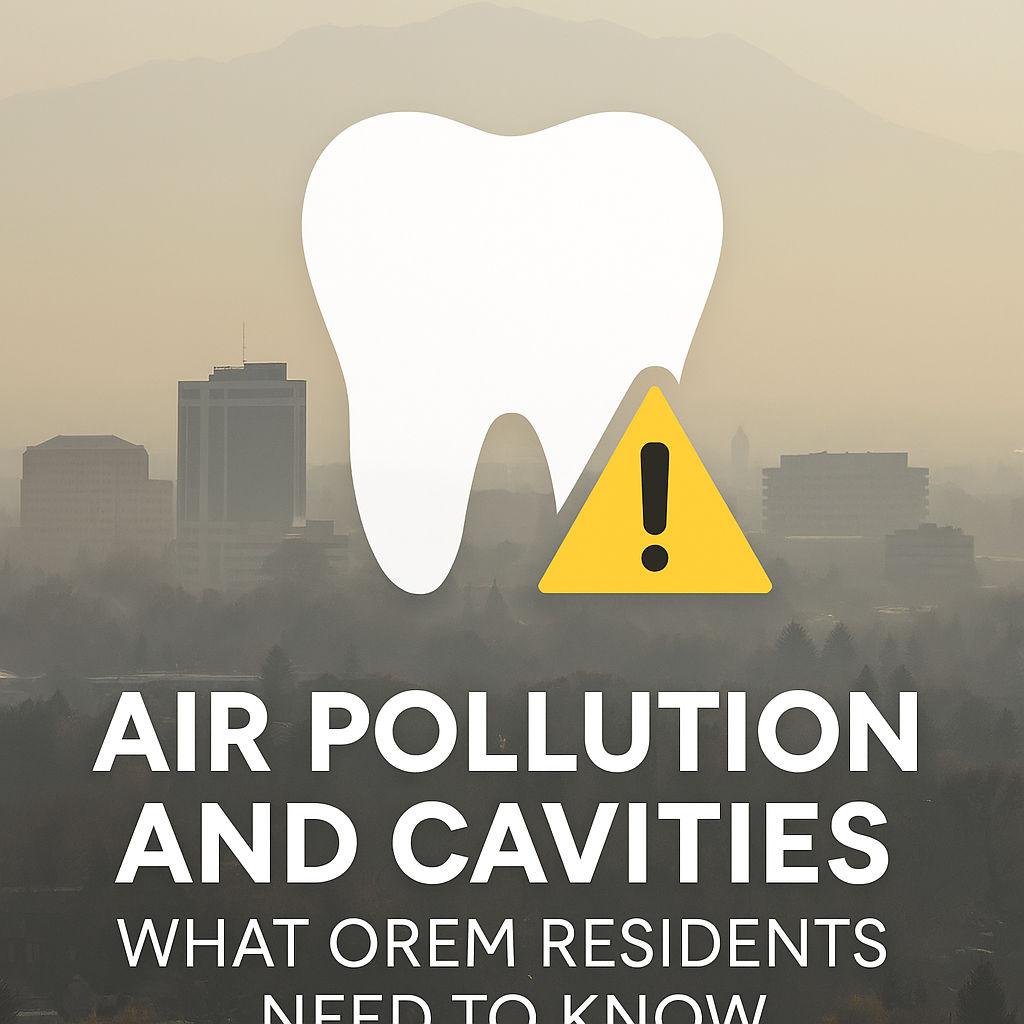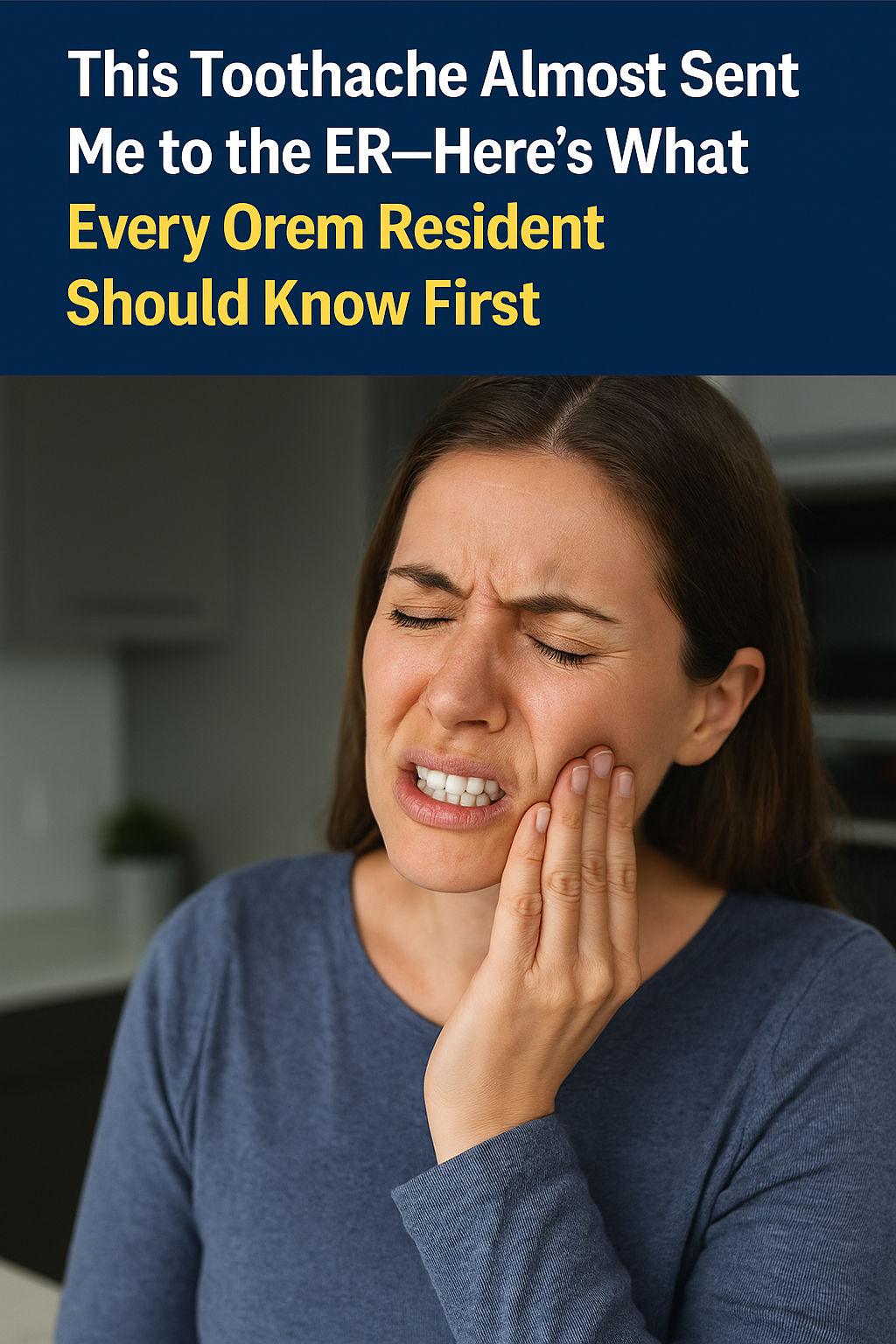Blog Highlights
- The life span of prosthodontics depends on the type of prosthetic
- Crowns and bridges last depending on the strength of the teeth they are attached to
- As with your regular teeth, prosthodontics will last as long as you take proper care of them
Prosthodontics or dental prosthetics are artificial replacements for teeth and other parts of the mouth. There are two types of prosthodontics: removable, such as dentures, and fixed, such as implants. Prosthodontics allow patients to have a more or less normally functioning mouth and help maintain an aesthetically pleasing smile.
The life span of prosthodontics depends on the type of prosthetic, the health of the patient, and the care and treatment of the prosthodontics. Some last indefinitely, while others are only meant to last for a certain amount of time. The replacement of prosthodontics often depends on changes in the patient’s mouth.
Fixed Prosthodontics
Fixed prosthodontics include bridges, implants, and crowns. These prosthodontics replace your original teeth when you lose them due to trauma or poor dental care. Once installed in your mouth, they do not need to be removed. In fact, they are attached to your jaw or remaining teeth and should last indefinitely.
Implants can be affected by poor dental care, gum disease, dry mouth, and teeth grinding. If taken care of properly they can last indefinitely. Crowns and bridges last depending on the strength of the teeth they are attached to and the surrounding gum and bone. These prosthodontics often replace decaying teeth or parts of teeth and as your dental issues progress the prosthetics may need to be changed or adjusted.
It’s important to care for fixed prosthodontics as you would your natural teeth. To ensure a long life for the remainder of your teeth and your prosthodontics, you should take care of your gums and teeth as instructed by your dentist. It’s recommended that you don’t smoke and that you attend regular dental checkups. Before getting your fixed prosthodontics, you should speak to your dentist about warranties.
Removable Prosthodontics
Dentures are one of the more common removable prosthodontics. They can either replace a full set of teeth or a partial set. You can easily remove them and should do so regularly to clean them. Your first set of dentures will likely need to be replaced at some point. Your jaw will shrink once all your natural teeth are removed, so the first set of dentures will eventually become uncomfortable and you will need to get a better fitting piece.
Orthodontic aligners, designed to help straighten teeth, and retainers, which help keep teeth in place after braces, typically last a long time. If you care for them properly, as directed by your dentist, there is no need to have them replaced.
Mouth-guards, which prevent teeth grinding and jaw clenching, typically last five to ten years. Of course, this depends on each individual patient and their level of stress. For high levels of stress and excessive clenching or grinding, the mouthguard may need to be switched out more regularly for optimal results.
Care
As with your regular teeth, prosthodontics will last as long as you take proper care of them. It’s important to avoid smoking in general and to clean your prosthodontics and teeth as directed by your dentist. This may include brushing, flossing, and using certain rinses and soaking solutions.





